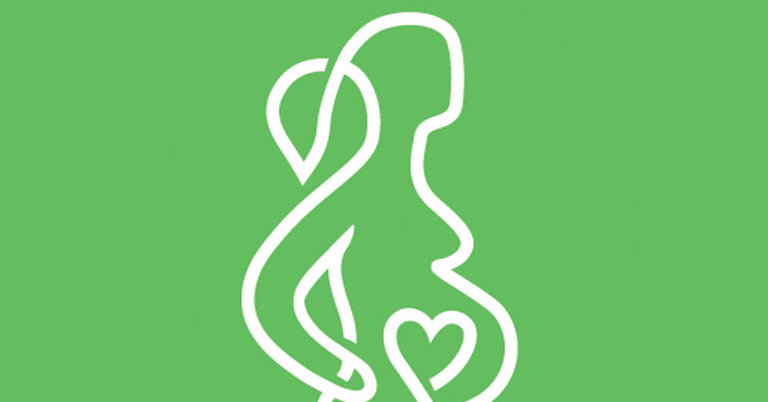
Some recent reports have suggested that women who give birth by cesarean section are more likely to have obese children. But a large new study found no link between the method of birth and obesity.
Swedish researchers tracked medical records of 97,291 men born between 1982 and 1987, following them to age 18. The study is in PLOS Medicine.
An initial assessment of the data found that obesity did vary by birth method. There was a 4.9 percent rate for vaginal delivery, compared with 5.5 percent for elective C-section and 5.6 percent for nonelective C-section — a statistically significant difference between vaginal and C-section birth.
But women who delivered by C-section were on average older, with a higher body mass index. They also tended to smoke more, were more likely to have pre-pregnancy diabetes and high blood pressure, and were much more likely to have pre-eclampsia, the dangerous hypertension of pregnancy.
When the researchers controlled for these and other factors, they found no link between mode of birth and obesity at age 18. To account for family environment, they compared 9,676 men born by C-section with their brothers born vaginally and found no difference in obesity between the siblings.
“On a large scale, with rigorous controls, we found no association between C-section and obesity in children, somewhat to our surprise,” said the lead author, Viktor H. Ahlqvist, a researcher at the Karolinska Institutet in Stockholm. “Women don’t need to be alarmed about C-section causing obesity in their children.”

